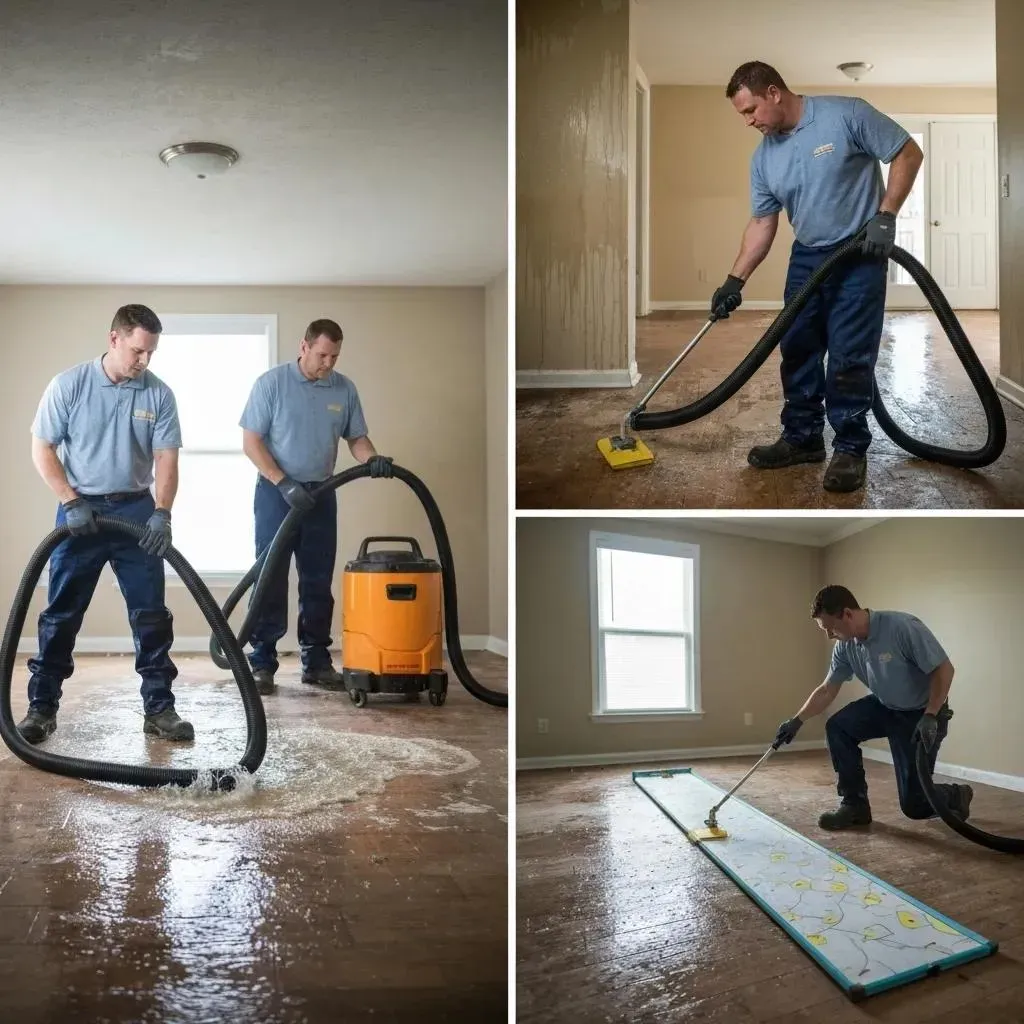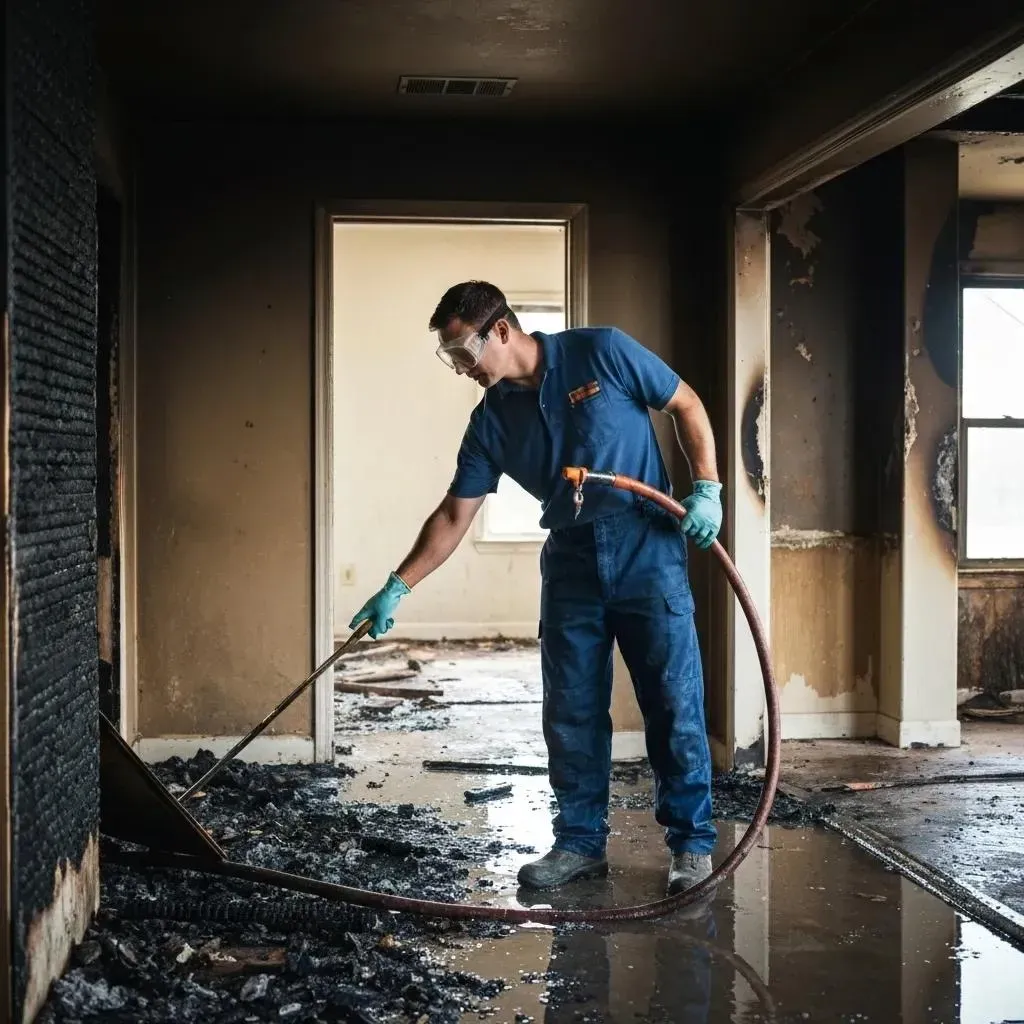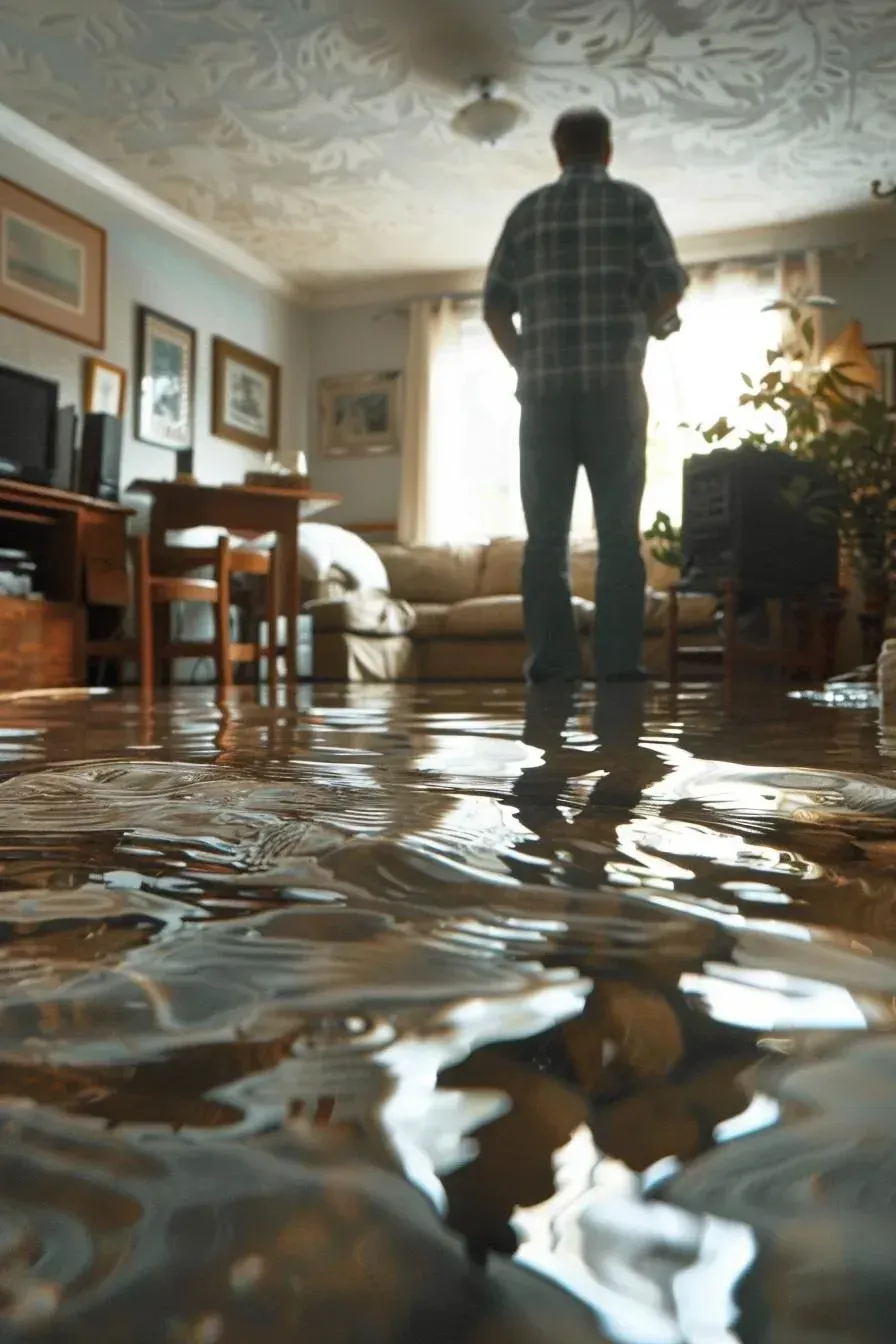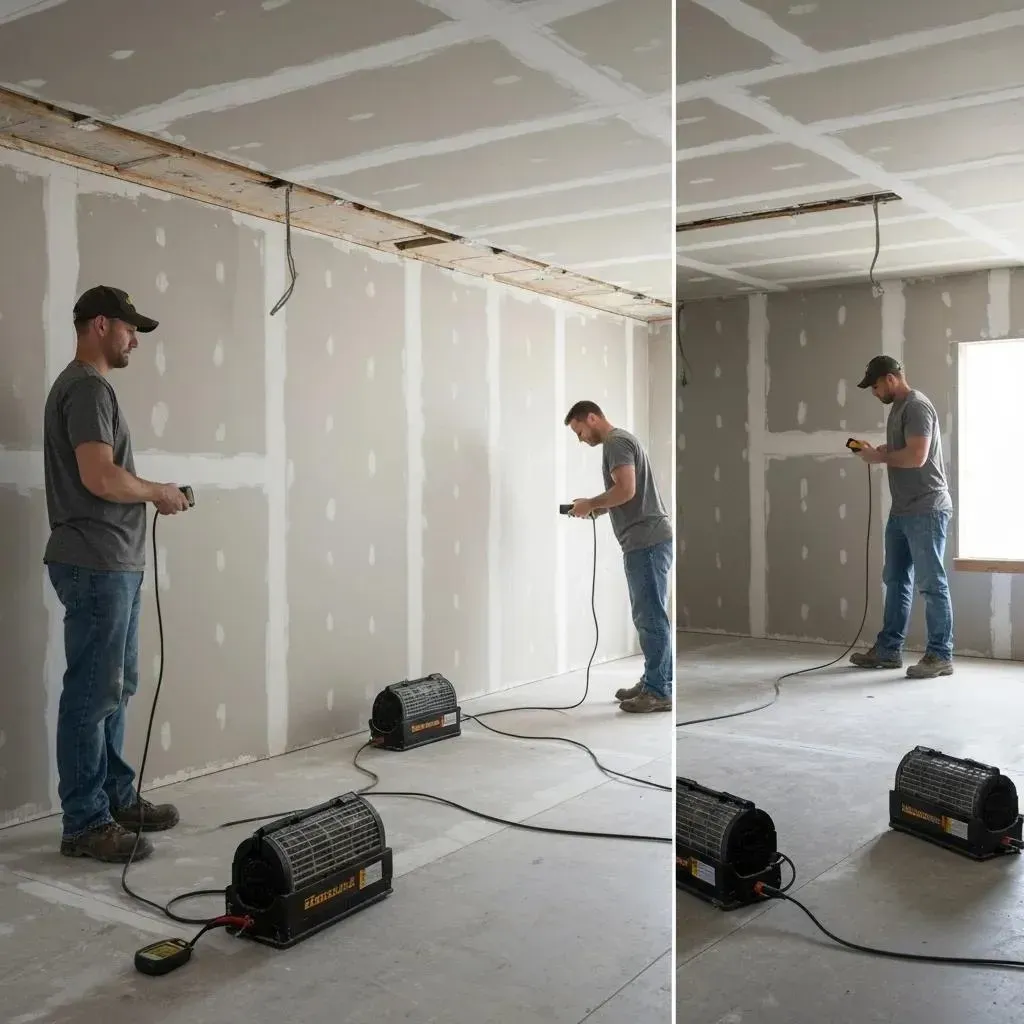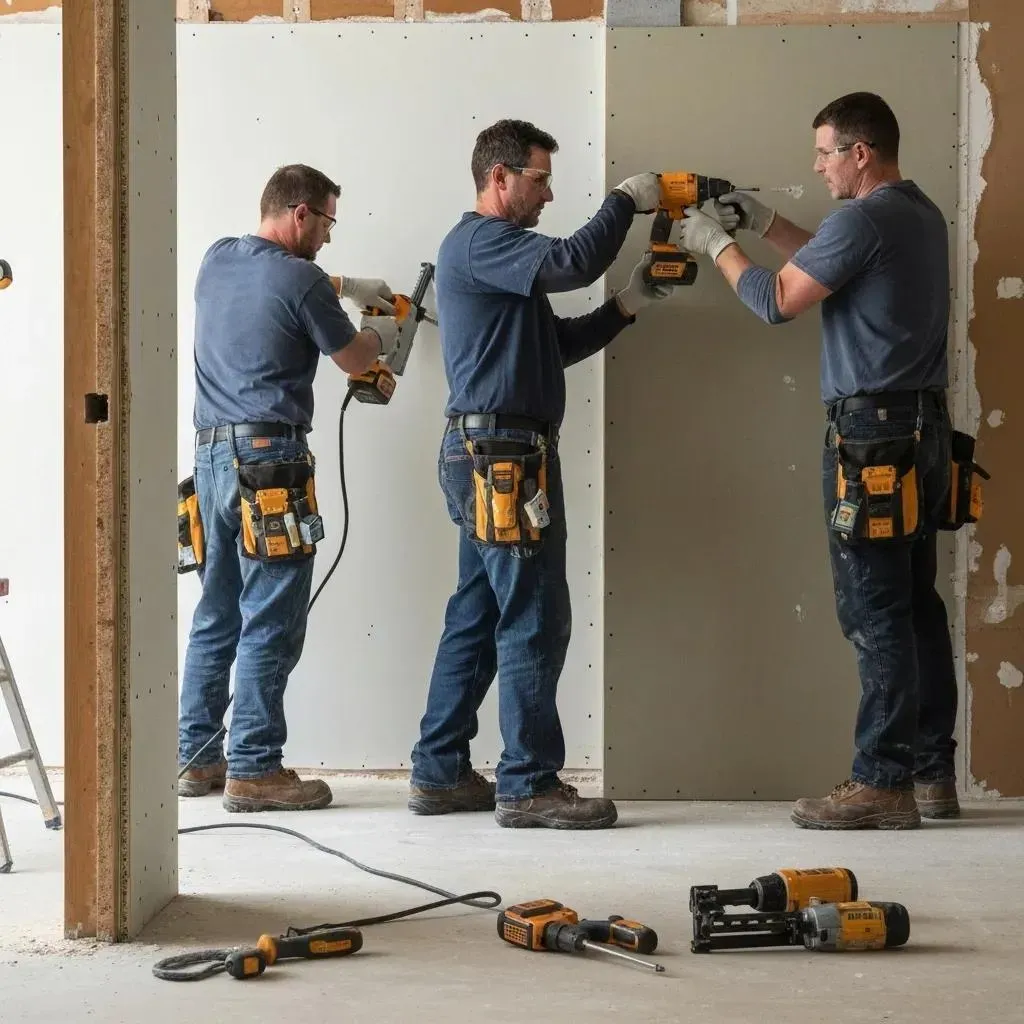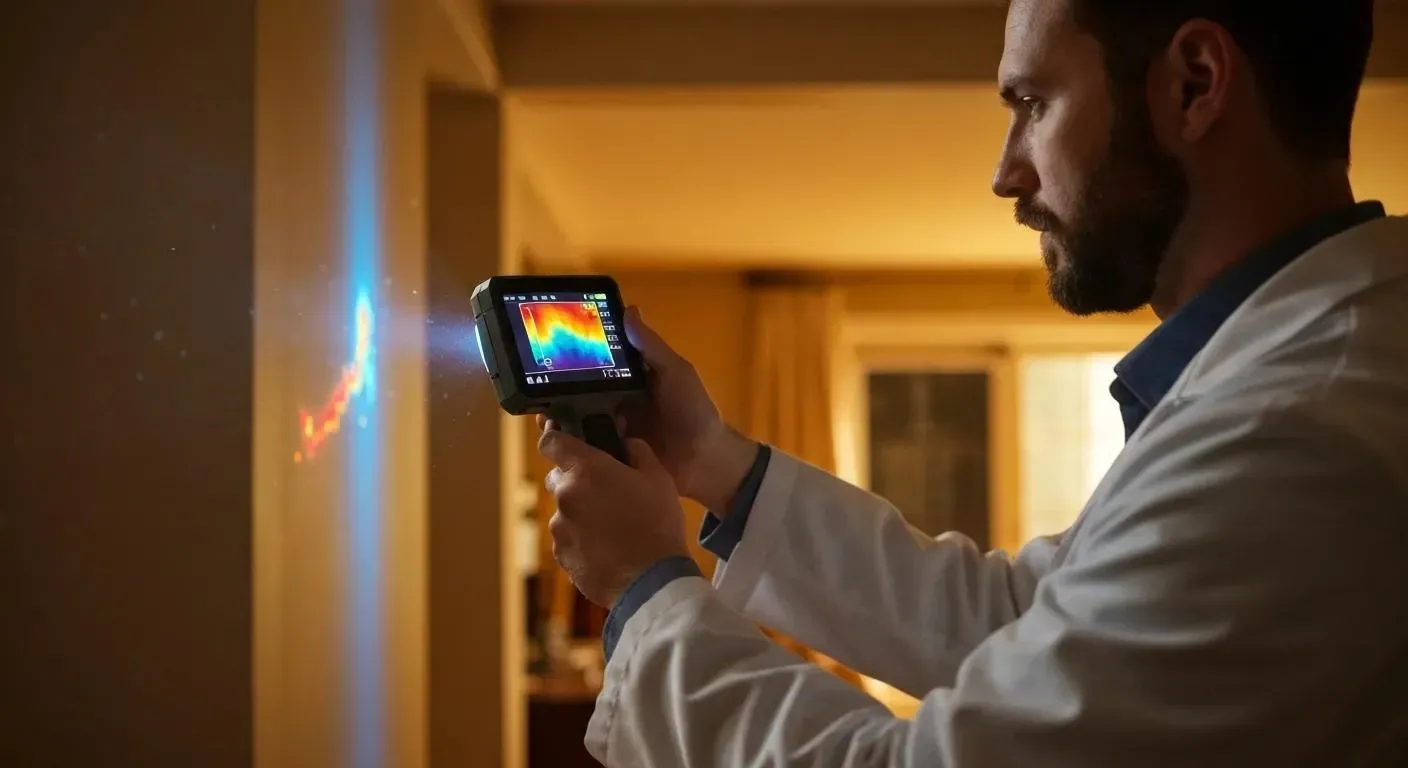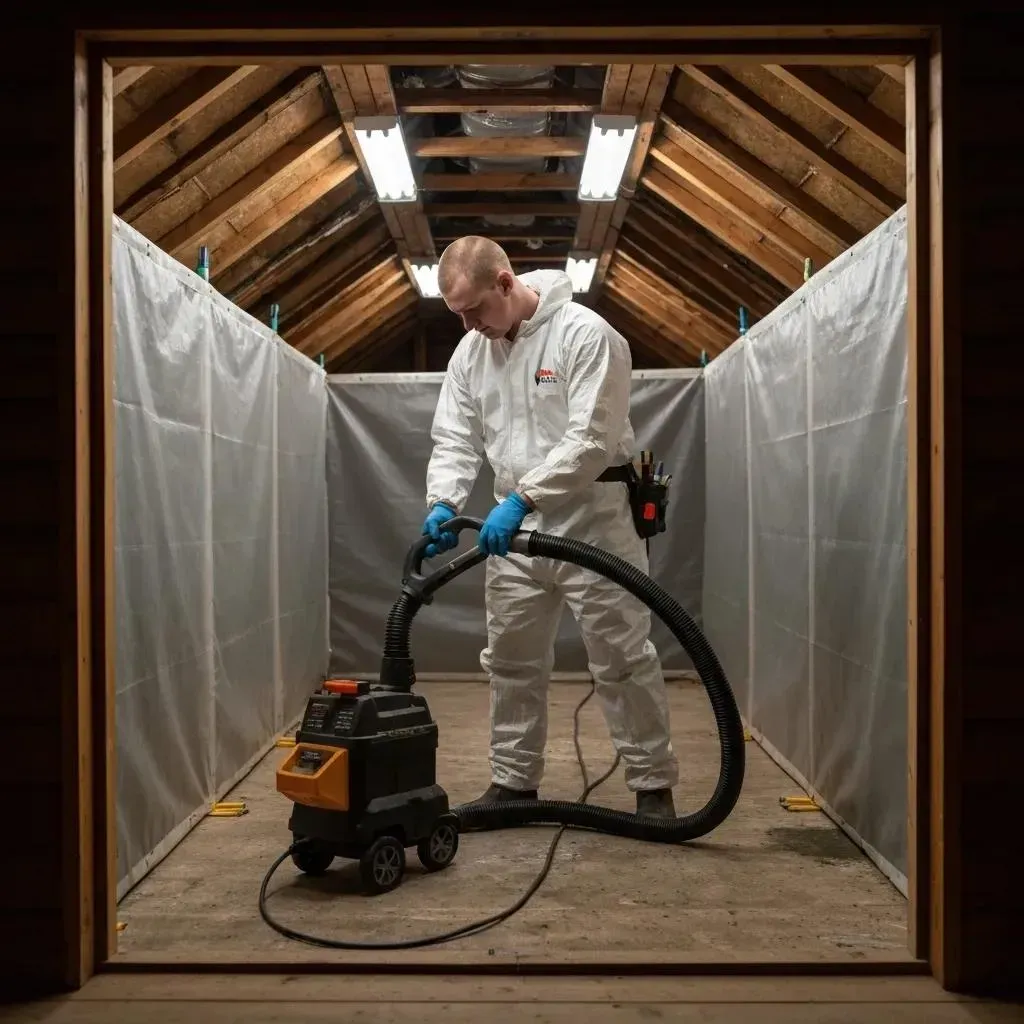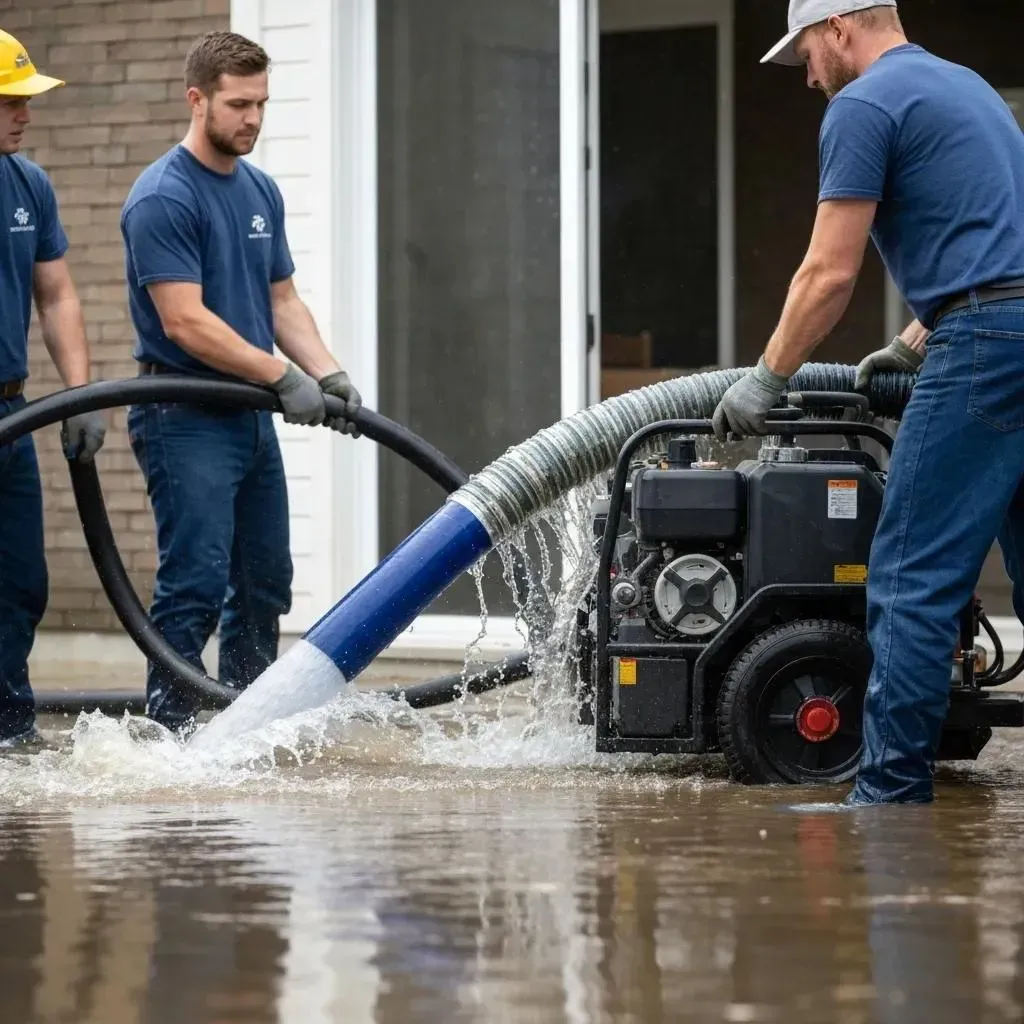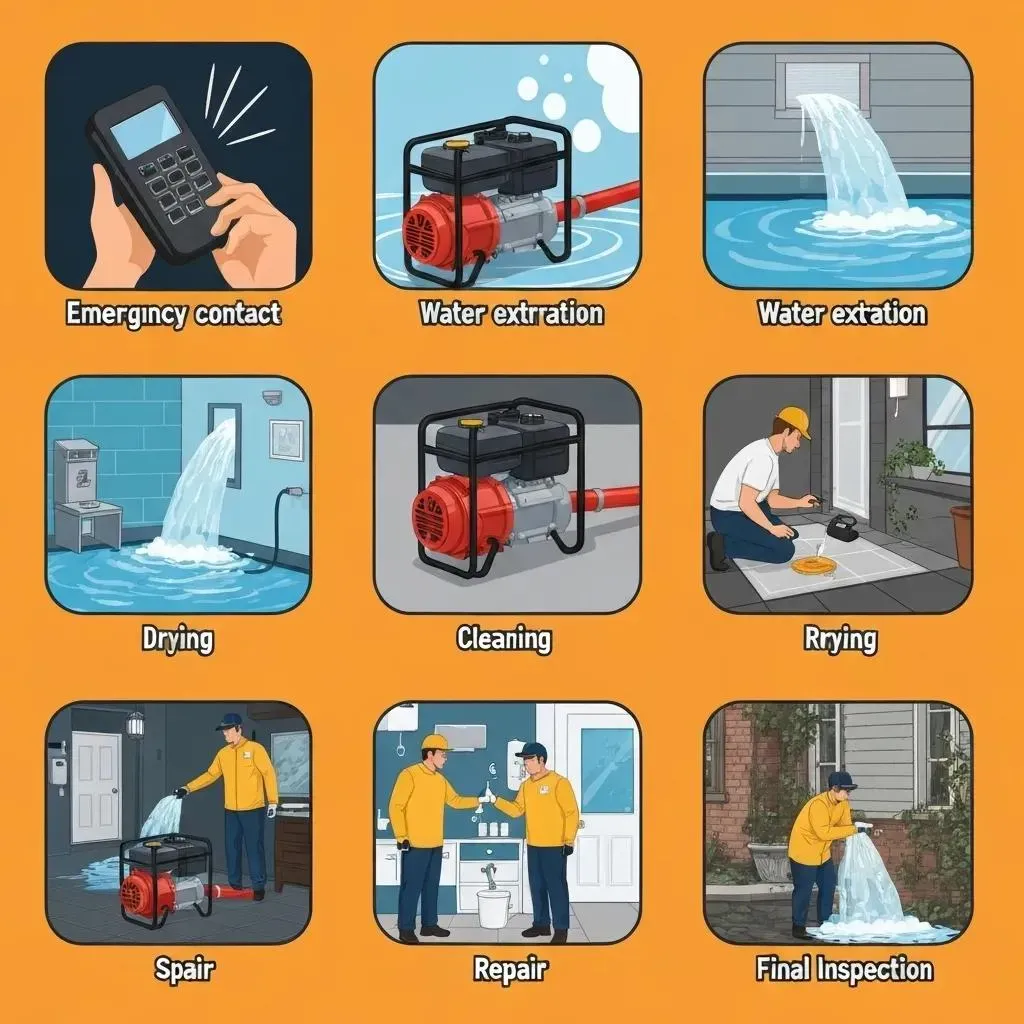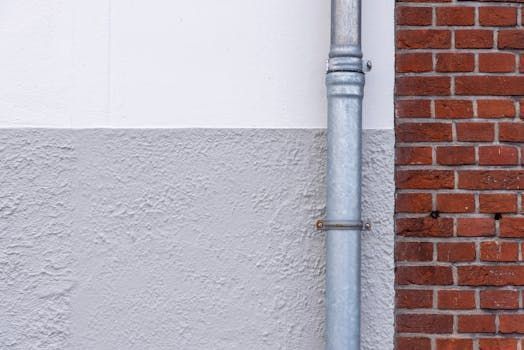Blog
Sewage Cleanup Cost: Key Factors, Homeowner Checklist, and Denver Estimates
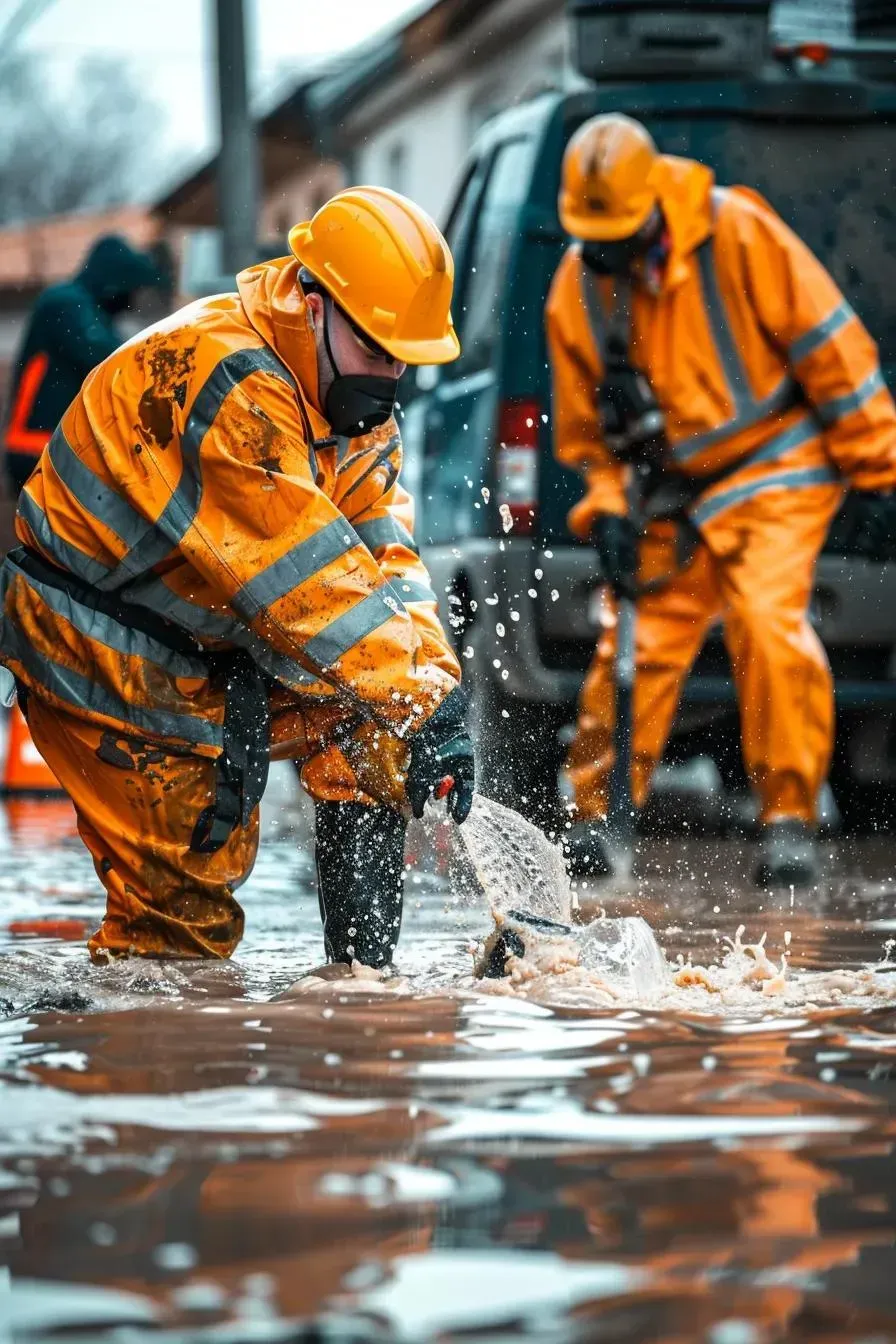
A sewage backup can cost homeowners anywhere from $2,000 to $10,000 in cleanup and repairs, and local factors in Denver often push costs higher. Understanding sewage cleanup cost involves assessing contamination level, square-foot pricing, insurance coverage, and safety protocols to protect health and property. This guide covers average cost ranges, the factors that drive pricing, an essential homeowner checklist, health risk mitigation, insurance navigation, why Accountable Home Services delivers superior results in Denver, and a summary of the top concerns every homeowner faces when budgeting for sewage removal.
What Are the Average Sewage Cleanup Costs and Cost Ranges?
Average sewage cleanup costs in the Denver Metro Area typically range from $2,000 on the low end to $10,000 or more in complex cases, with pricing driven by contamination severity and cleanup scope. This cost overview helps homeowners plan for both emergency response and post-cleanup repairs.
Sewage Cleanup Costs
The average cost of sewage cleanup ranges from $2,000 to $10,000, with the price varying based on factors like contamination level and the size of the affected area. Costs can increase significantly in complex cases or when structural repairs are needed.
Restoration 1, How Much Does Sewage Cleanup Cost?
What Is the Typical Price Range for Sewage Cleanup Services?
When professionals remove raw sewage, most homeowners pay within these brackets:
- Basic Cleanup: $2,000–$4,000 for small areas (under 500 sq ft) with gray water contamination.
- Moderate Restoration: $4,000–$7,000 for 500–1,000 sq ft affected by black water or mixed contaminants.
- Extensive Remediation: $7,000–$10,000+ for over 1,000 sq ft or when structural repairs are required.
These ranges reflect both labor and equipment costs, guiding you toward realistic budget expectations.
How Does Cost Per Square Foot Affect Sewage Cleanup Pricing?
Cleanup contractors often charge by the square foot, typically between $7 and $15 per sq ft. This per-unit pricing covers sewage extraction, drying, disinfection, and basic material removal, ensuring transparent billing that scales with the size of the affected area.
How Do Local Denver Factors Influence Sewage Cleanup Costs?
In Denver, altitude-related drying challenges, building code requirements, and municipal disposal fees can increase hourly labor rates by 10–15%. Seasonal demands—for example, spring thaw backups—also elevate emergency call-out fees, making prompt response vital to contain costs.
What Are the Cost Differences Between DIY and Professional Cleanup?
Attempting a DIY cleanup may save 30–50% on immediate labor but exposes homeowners to health risks and code violations. Professional services include:
- Certified technicians following IICRC S500 standards
- Industrial-grade drying and sanitation equipment
- Hazardous waste disposal compliant with local regulations
IICRC S500 Standard
The IICRC S500 standard provides a systematic approach to assessing, mitigating, and restoring water damage, including sewage, in residential and commercial properties. It guides professionals through best practices and safety protocols.
This standard ensures that sewage cleanup is performed consistently and effectively, minimizing health risks and property loss.
Investing in professionals typically reduces long-term repair costs and liability.
What Are the Primary Factors That Influence Sewage Cleanup Cost?
Sewage cleanup cost is driven by contamination level, affected area size, damaged materials, accessibility challenges, required procedures, and labor/equipment intensity. Recognizing these factors ensures accurate estimates and resource allocation.
Factors Influencing Sewage Cleanup Costs
Several factors influence the cost of sewage cleanup, including the level of contamination (black water versus gray water), the size of the affected area, the materials damaged, accessibility challenges, and the procedures required.
Understanding these factors is crucial for homeowners to get accurate estimates and allocate resources effectively during a sewage cleanup.
How Does the Level of Contamination Impact Cleanup Costs?
Black water—untreated sewage containing pathogens—requires specialized extraction, disposal, and sanitization procedures that can double cleanup rates compared to gray water incidents, which involve less hazardous appliances or minor sewer leaks.
How Does the Size of the Affected Area Affect Pricing?
Larger areas demand more drying time, additional equipment, and proportional labor. A 200 sq ft bathroom backup can escalate to a multi-day, multi-technician project when adjacent rooms or hidden cavities are compromised.
What Role Do Damaged Materials Play in Cost Calculation?
Porous materials like carpet and drywall often need full removal and replacement, while hard surfaces can be cleaned and disinfected. Itemized removal adds to both material and disposal fees, pushing total expenses upward.
How Do Accessibility and Special Procedures Affect Costs?
Limited access—such as deep crawl spaces or multi-story interiors—can increase labor hours by 20% due to manual extraction. Special procedures like sewage vacuuming, negative-pressure containment, and licensed hazardous waste transport also add premium charges.
How Do Labor and Equipment Requirements Influence Pricing?
Certified crews use air movers, dehumidifiers, antimicrobial foggers, and water extraction units. Equipment rental plus trained labor can represent 40–60% of project costs, ensuring thorough drying and pathogen elimination.
What Is the Sewage Cleanup Cost Breakdown by Factor?
Below is a breakdown of common cost drivers and their typical impact on a mid-range cleanup project.
| Driver | Typical Cost Impact | Details |
|---|---|---|
| Contamination Level | +30–50% | Black water vs. gray water dictates handling protocols and disposal. |
| Affected Square Footage | +$7–$15 per sq ft | Covers extraction, drying equipment, and labor per unit area. |
| Material Removal | +$500–$2,000 | Carpet, drywall, and insulation disposal based on porosity and extent. |
| Accessibility | +10–20% | Crawl spaces and multi-story removals require extra labor. |
| Specialized Procedures | +$400–$1,200 | Negative-pressure containment and licensed disposal services. |
| Labor & Equipment | 40–60% of total | Certified technicians and industrial-grade drying/sanitation units. |
This cost allocation clarifies how each factor contributes to your total estimate and sets expectations for where budget adjustments may occur.
What Is the Essential Homeowner Checklist for Sewage Cleanup?
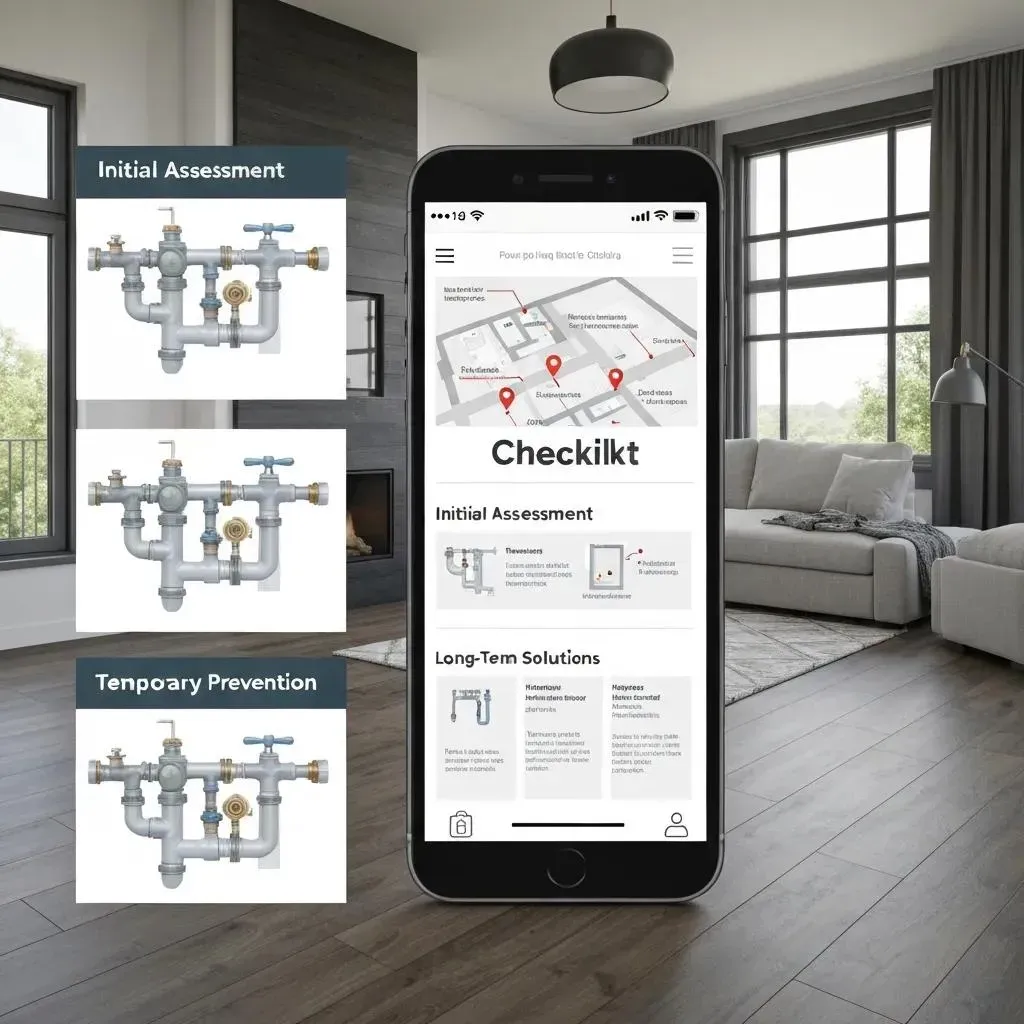
A rapid, organized response minimizes health hazards and property damage. This homeowner checklist guides your first steps, professional engagement, and insurance documentation to streamline restoration.
What Immediate Safety Steps Should Homeowners Take?
- Evacuate all occupants and pets from the affected area.
- Shut off electricity at the main panel before re-entry.
- Wear basic PPE such as gloves, boots, and a respirator if you must enter briefly.
- Ventilate adjacent rooms by opening windows and doors.
When and How Should You Contact Professional Sewage Cleanup Services?
Call for emergency response as soon as sewage is visible or odors persist. A 24/7 provider can typically arrive within an hour, rapidly begin containment, and limit mold growth that drives up costs and health risks.
How Should Homeowners Document Sewage Damage for Insurance?
- Photograph standing water, damaged materials, and contamination levels.
- Note timestamps for backup events and response calls.
- Preserve contaminated items in situ until adjuster inspection.
What Are the Steps for Notifying Insurance Providers?
- Contact your insurer within 24 hours of discovery.
- Provide incident details, photographs, and any repair estimates received.
- Request a claim number and inquire about preferred remediation contractors.
How to Verify Cleanup Completion and Post-Cleanup Safety?
After remediation, confirm moisture levels are within safe thresholds using a moisture meter. Inspect for lingering odors or visible staining. Obtain a clearance report from technicians certifying that surfaces meet health-safety standards before rehanging drywall or replacing flooring.
What Are the Health Risks of Sewage Exposure and How Are They Mitigated?
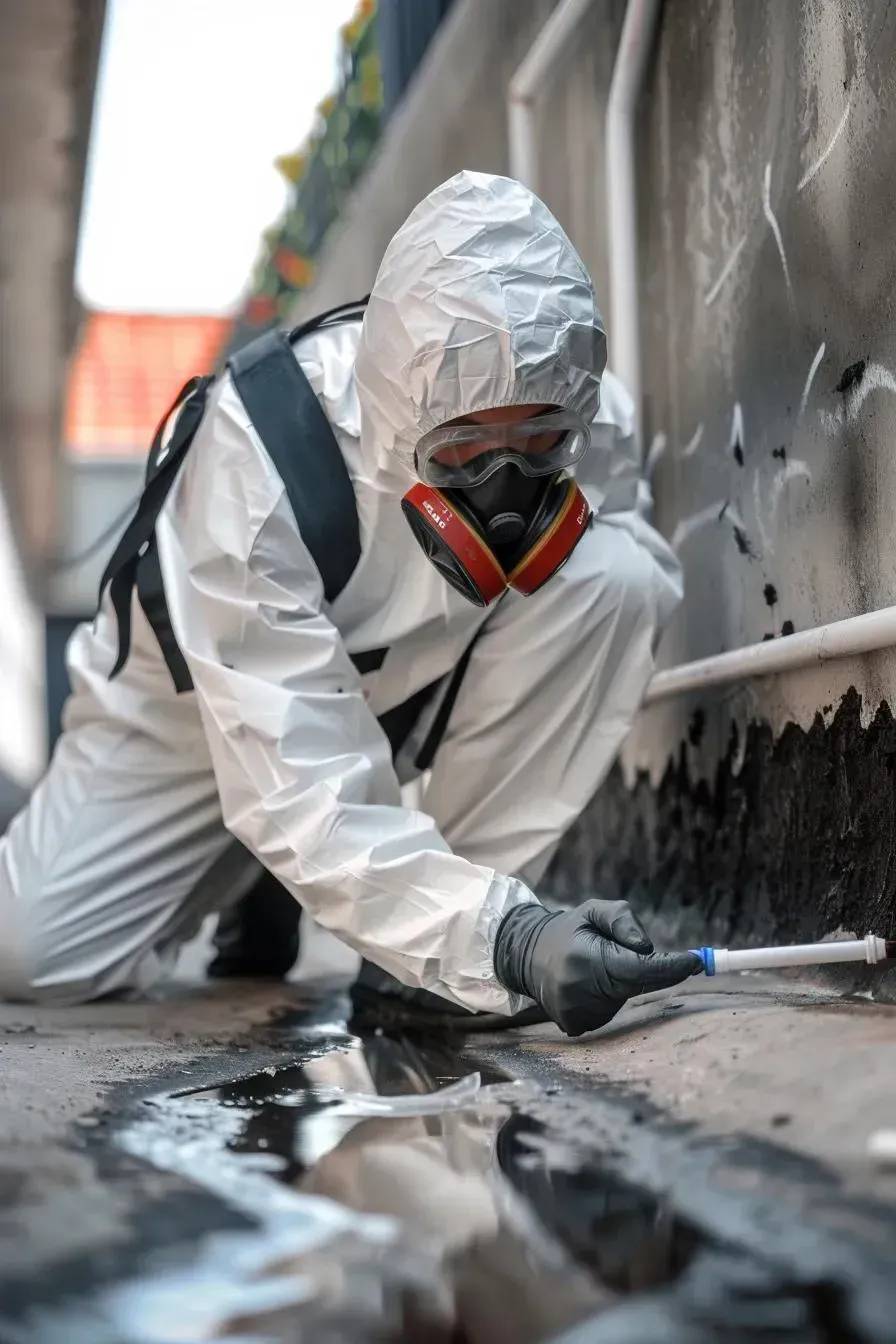
Raw sewage contains harmful pathogens, chemicals, and volatile compounds that pose acute and chronic health hazards. Professional protocols dramatically reduce these risks through containment, removal, and sanitization.
What Pathogens and Contaminants Are Present in Sewage?
- Bacteria such as E. coli and Salmonella
- Viruses including norovirus and hepatitis A
- Parasites like Giardia and Cryptosporidium
- Chemical pollutants from household cleansers and oils
What Health Issues Can Result from Sewage Exposure?
Exposure can lead to gastroenteritis, skin infections, respiratory irritation, and more severe conditions like hepatitis if untreated. Vulnerable populations—children, seniors, and immunocompromised individuals—face heightened risks.
How Do Professionals Mitigate Health Risks During Cleanup?
Technicians employ personal protective equipment (PPE), negative-air containment, antimicrobial fogging, and HEPA filtration to isolate and remove contaminants. They follow IICRC S500 standards to ensure that microbial hazards are neutralized before reconstruction begins.
What Safety Protocols Does Accountable Home Services Follow?
Accountable Home Services maintains IICRC and IRI certifications, employs EPA-registered disinfectants, and logs every sanitation step in detailed work orders. Their teams isolate affected zones, conduct clearance testing, and provide a written safety report, guaranteeing a restored environment free of sewage-borne threats.
How Does Homeowners Insurance Cover Sewage Backup Cleanup Costs?
Standard policies often exclude sewage backup without a specific rider, so understanding coverage options and claim strategies can prevent unexpected expenses.
Sewage Backup Insurance
Most standard homeowners insurance policies do not cover sewage backup damage; however, a separate endorsement or rider can be added to provide coverage for cleanup and restoration expenses, typically with coverage limits between $5,000 and $25,000.
This information is important for homeowners to understand their insurance coverage and prevent unexpected expenses related to sewage backups.
Does Standard Homeowners Insurance Cover Sewage Backup Damage?
Most basic policies classify sewer backups under water damage exclusions, meaning claims for raw sewage removal require a separate endorsement or rider to trigger coverage.
What Is a Sewage Backup Rider and Why Is It Important?
A backup rider extends liability coverage to include cleanup and restoration of sewage overflows, typically costing an additional $40–$160 per year. This rider can cover up to $10,000–$20,000 in remediation expenses, shielding homeowners from catastrophic out-of-pocket costs.
How Can Homeowners File a Successful Sewage Backup Insurance Claim?
- Verify you have a backup rider in place.
- Document the event thoroughly with photos and technician estimates.
- Submit all paperwork promptly, including the rider confirmation and work orders.
- Communicate regularly with your adjuster and request a fair inspection timeline.
What Are Common Insurance Exclusions and How to Avoid Them?
Policies may exclude backups caused by flooding, maintenance neglect, or aging infrastructure. Prevent exclusions by:
- Maintaining sewer lines and sump pumps
- Scheduling periodic plumbing inspections
- Upgrading old piping to current standards
Why Choose Accountable Home Services for Sewage Cleanup in Denver?
As a family-owned, IICRC-certified local business, Accountable Home Services combines rapid emergency response with industry-leading standards to restore homes safely and efficiently.
Accountable Home Services
Accountable Home Services is a Denver-based company offering 24/7 emergency sewage cleanup services, with a focus on IICRC certifications and adherence to industry standards. They provide services such as water damage restoration, mold remediation, and remodeling.
This source highlights the services and certifications of a local sewage cleanup provider in Denver, which is relevant to homeowners in the area.
What Emergency Sewage Cleanup Services Are Available 24/7?
Accountable Home Services offers round-the-clock dispatch, guaranteeing arrival within 60 minutes of your call. Rapid mobilization limits structural damage, mold growth, and health exposures.
How Does IICRC Certification Ensure Quality Cleanup?
IICRC accreditation means every procedure—from extraction to disinfection—meets the S500 Standard for water damage restoration. Certified technicians use validated protocols and calibrated instruments to deliver measurable, reliable results.
What Are the Benefits of Free Estimates and Personalized Service?
Homeowners receive a no-cost, no-obligation assessment that outlines scope, timeline, and transparent pricing. Personalized project planning ensures that your unique property layout and insurance requirements are fully addressed.
What Do Local Denver Customers Say About Our Sewage Cleanup?
Clients praise swift arrivals, clear communication, and thorough sanitation. One homeowner noted, “They arrived within an hour, managed liability details with my insurer, and left my basement completely safe for my family.” These testimonials reflect consistent satisfaction across Denver neighborhoods. Learn more about our services at Accountable Home Services – Denver’s Top Remodeling Experts and Restoration Company.
What Are the Most Frequently Asked Questions About Sewage Cleanup Cost?
Homeowners most often wonder about overall price ranges, whether DIY cleanup is feasible, the cost to restore a basement, insurance coverage specifics, and the health hazards involved. Addressing these topics early equips you with realistic expectations and actionable planning steps, reducing stress when a backup occurs.
Homeowners in Denver can confidently navigate sewage cleanup costs by understanding pricing drivers, following a clear safety and insurance checklist, and choosing a certified local provider. Prompt action and informed decision-making improve restoration outcomes, preserving both health and property value. For expert guidance and free estimates on sewage cleanup, call Accountable Home Services anytime—because when raw sewage threatens your home, every minute counts.

